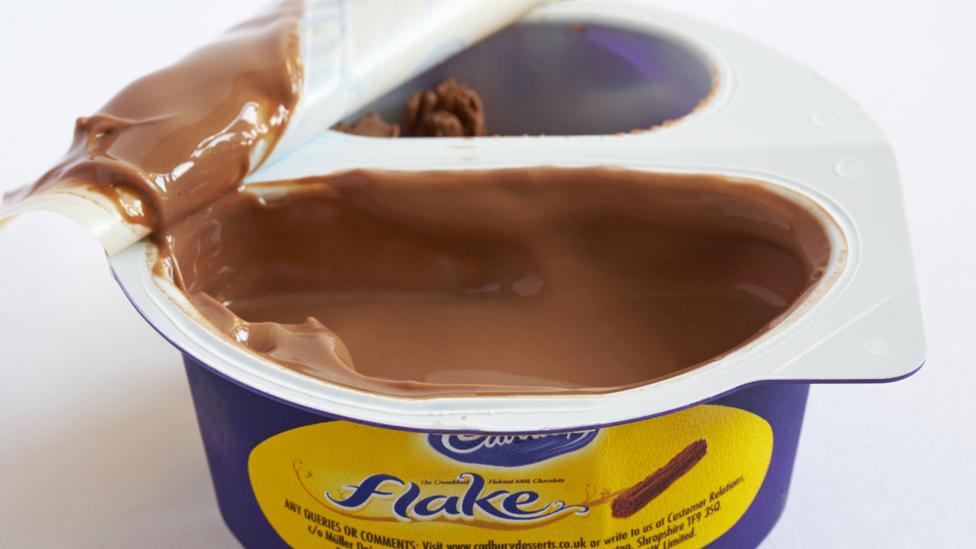Mushroom shipment destroyed after listeria detected
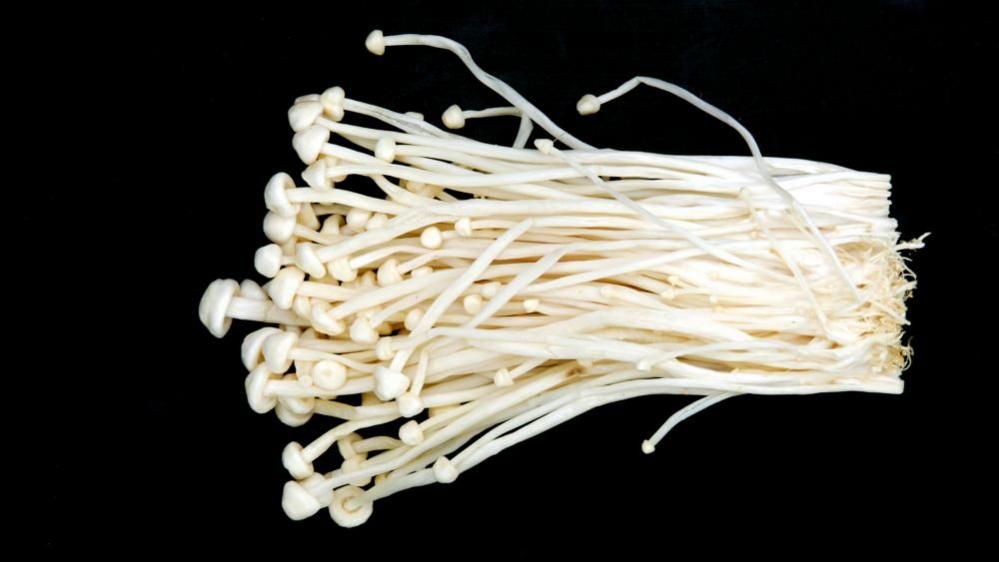
Enoki mushrooms grow naturally in Korea, Japan and China
- Published
A shipment of mushrooms containing a bacteria known to make some people seriously ill has been identified and destroyed, a council has said.
"Several pallets" of enoki mushrooms sent to King's Lynn were found to contain listeria, which can pose a serious risk to newborn babies, pregnant women and people with weakened immune systems, external.
The mushrooms, imported through the Port of Felixstowe, Suffolk in October, had since been sent to a "deep landfill", the Borough Council of King's Lynn and West Norfolk added.
Other mushroom varieties were not thought to contain the bacteria.
Enoki mushrooms, sometimes labelled as Enokitake, Golden Needle or Lily Mushrooms, are tall, white, thin-stemmed mushrooms, which are commonly found in foods across Asia.
The UK's Food Standards Agency says they are usually served cooked, but also eaten in salads or as a garnish, external.
"If they're cooked thoroughly it's not a concern," said Philippa Smith, the council's environmental health manager, whose team helped to identify the contaminated shipment.
"The concern is if they are lightly cooked or eaten raw."
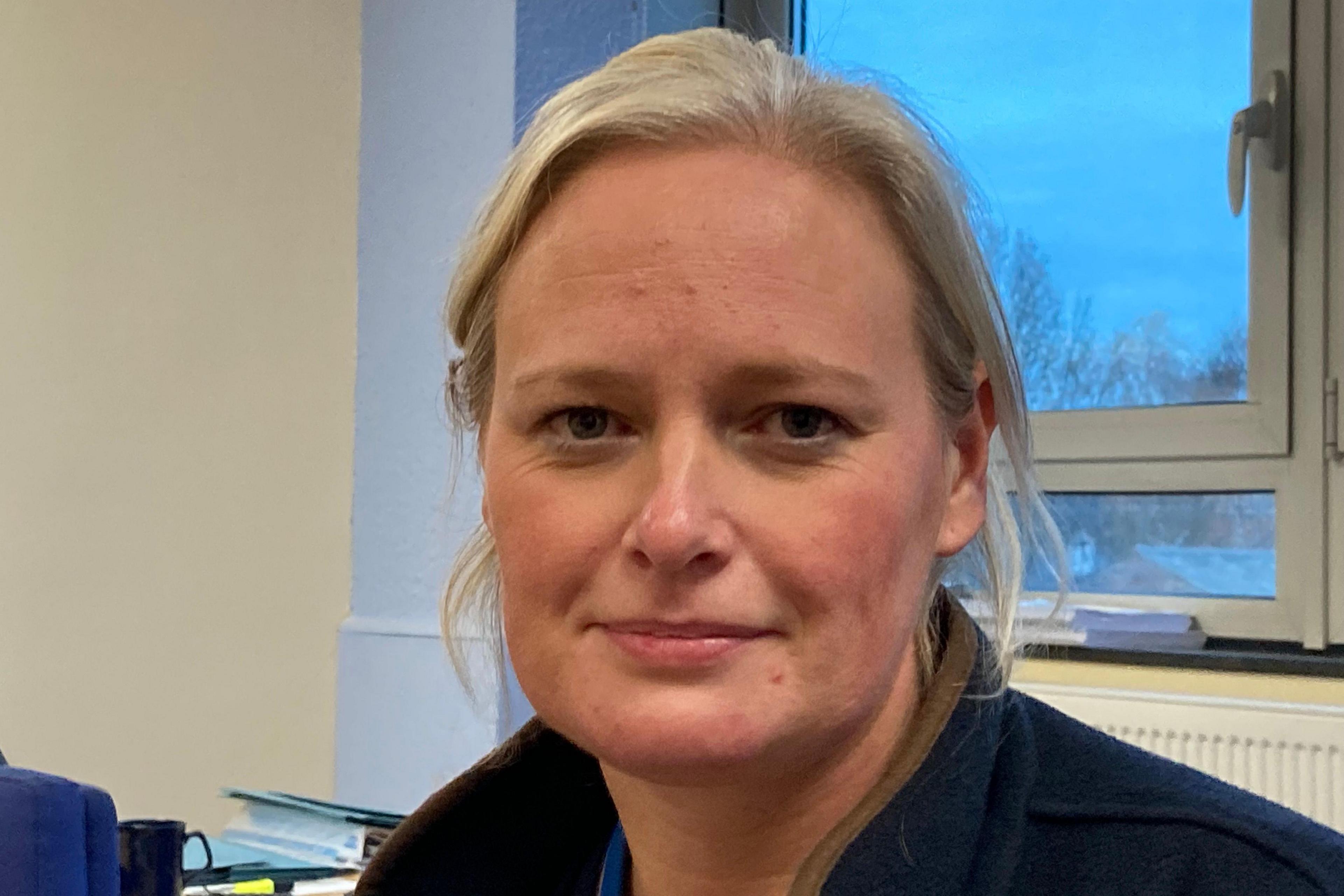
Philippa Smith says cooking enoki mushrooms at 70C for two minutes will kill the listeria bacteria
Many foods can be contaminated by listeria, but most infections are caused by eating chilled, ready-to-eat foods, such as cooked meats, pre-prepared sandwiches and unpasteurised milk.
According to the NHS, listeria in healthy adults "usually goes away on its own".
However, in pregnant women, the disease can cause miscarriage or stillbirth - while babies and people with a weakened immune system risk developing life-threatening conditions such as sepsis or meningitis.
Enoki mushrooms have been recalled by some health agencies around the world, including in Australia, New Zealand, external, USA and Canada, external.
The council said it would continue to work with other authorities to identify and destroy contaminated consignments.
Follow East of England news on Facebook, external, Instagram, external and X, external. Got a story? Email eastofenglandnews@bbc.co.uk, external or WhatsApp us on 0800 169 1830
Related internet links
- Published24 March 2023
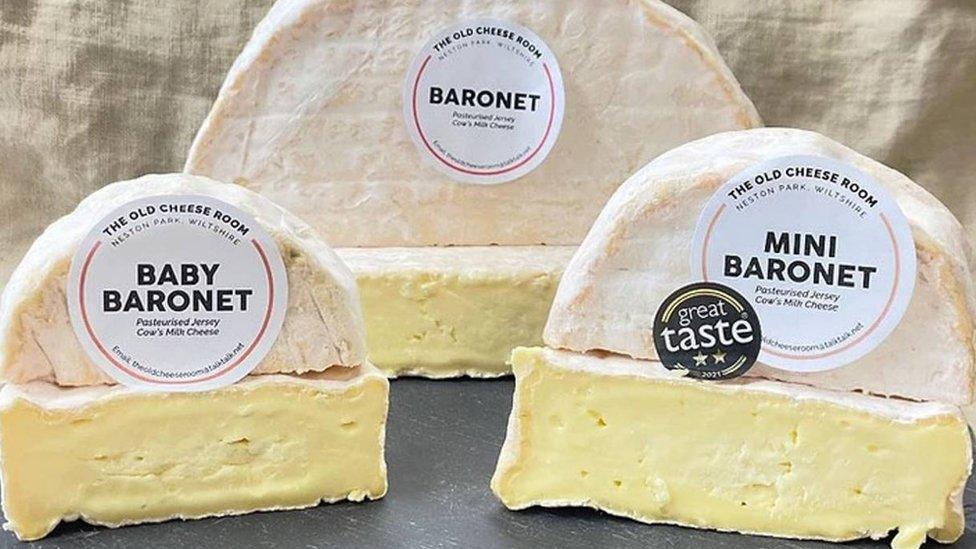
- Published25 October 2023
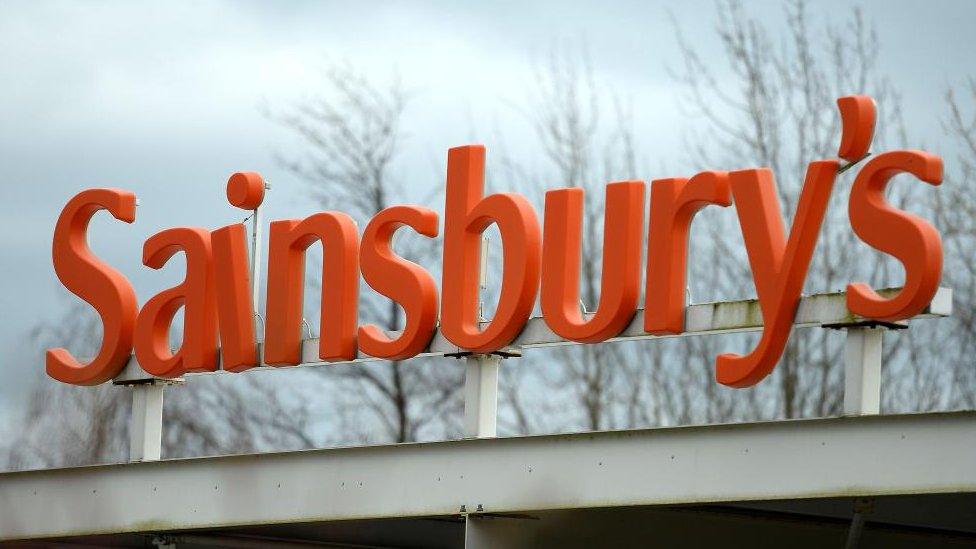
- Published2 May 2023
